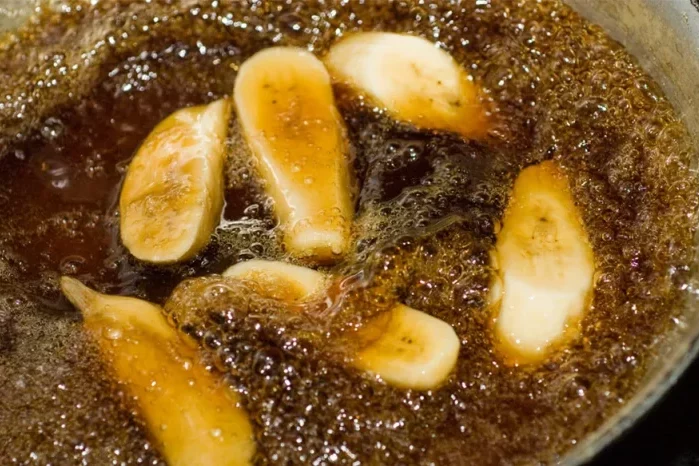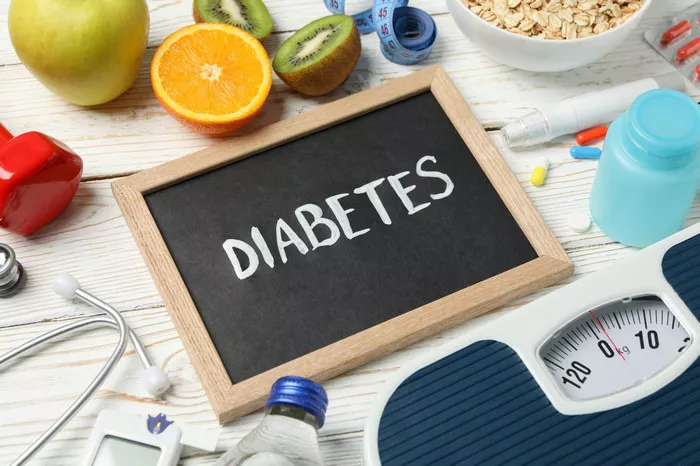Hypoglycemia, or low blood glucose, is a common issue for individuals with diabetes, particularly those on insulin or other glucose-lowering medications. It can occur in various scenarios, including after meals, due to a mismatch between insulin levels, carbohydrate intake, and physical activity. This article provides a comprehensive overview of the duration of hypoglycemia after eating, including its causes, symptoms, management strategies, and implications for individuals with diabetes.
Understanding Hypoglycemia
What is Hypoglycemia?
Hypoglycemia refers to a condition where blood glucose levels fall below normal levels, generally defined as below 70 mg/dL (3.9 mmol/L). Symptoms can range from mild to severe and may include shakiness, sweating, irritability, confusion, and even loss of consciousness in extreme cases.
Normal Blood Glucose Levels: For most individuals, normal fasting blood glucose levels range between 70-100 mg/dL (3.9-5.6 mmol/L). Postprandial (after meal) blood glucose levels typically rise but should return to normal levels within a few hours.
Hypoglycemia Threshold: The threshold for hypoglycemia can vary based on individual factors, such as diabetes type, medication, and personal glycemic targets.
Causes of Hypoglycemia
Hypoglycemia can be triggered by various factors, particularly in individuals with diabetes who are managing their condition with insulin or other glucose-lowering medications.
Insulin Overdose: Excessive insulin administration can lower blood glucose levels too much, leading to hypoglycemia.
Inadequate Carbohydrate Intake: Skipping meals or not consuming enough carbohydrates to match insulin doses can result in hypoglycemia.
Increased Physical Activity: Exercise increases glucose utilization by muscles, which can lead to lower blood glucose levels if not balanced with appropriate food intake.
Hypoglycemia After Eating
How Eating Affects Blood Glucose Levels
Eating a meal causes blood glucose levels to rise as carbohydrates are broken down into glucose and absorbed into the bloodstream. This rise in blood glucose stimulates insulin release from the pancreas to facilitate glucose uptake by cells and maintain normal blood glucose levels.
Postprandial Glucose Peak: Blood glucose typically peaks within 1-2 hours after eating, depending on the type and amount of food consumed.
Return to Baseline: Blood glucose levels generally return to baseline within 2-4 hours after eating, assuming normal insulin and glucose metabolism.
Duration of Hypoglycemia After Eating
In cases where hypoglycemia occurs after eating, it is essential to understand the duration and factors influencing its resolution.
Onset and Duration: Hypoglycemia can occur if there is an imbalance between insulin and carbohydrate intake. Typically, hypoglycemia experienced shortly after a meal may last for a short period, often less than 1-2 hours, as the body absorbs and metabolizes glucose.
Delayed Hypoglycemia: In some cases, hypoglycemia may occur a few hours after eating, especially if there is an excessive insulin effect or if the meal did not provide sustained glucose levels.
Factors Affecting Duration
Several factors can influence how long hypoglycemia lasts after eating.
Type of Food: Foods with a high glycemic index (GI) cause a rapid increase in blood glucose, while low-GI foods provide a slower, more sustained release of glucose. High-GI foods may lead to a quicker resolution of hypoglycemia.
Insulin Dosage and Timing: The timing and dosage of insulin or other glucose-lowering medications can affect how quickly hypoglycemia resolves. Rapid-acting insulins or incorrect dosing can lead to prolonged low blood glucose levels.
Physical Activity: Exercise can continue to lower blood glucose levels even after eating. This can extend the duration of hypoglycemia if not managed with appropriate dietary adjustments.
Symptoms and Diagnosis
Recognizing Hypoglycemia
Identifying hypoglycemia is crucial for timely intervention and management. Common symptoms include:
Mild Symptoms: Shakiness, sweating, dizziness, and hunger.
Moderate Symptoms: Confusion, irritability, difficulty concentrating, and blurred vision.
Severe Symptoms: Loss of consciousness, seizures, and difficulty waking.
Diagnostic Measures
To diagnose hypoglycemia, blood glucose monitoring is essential. Individuals experiencing symptoms should check their blood glucose levels to confirm hypoglycemia.
Self-Monitoring: Regular blood glucose checks, especially after meals, can help identify and manage hypoglycemia.
Continuous Glucose Monitoring (CGM): For those using CGM systems, trends and alerts can provide insights into hypoglycemia patterns and help with timely intervention.
Management Strategies
Immediate Treatment
Immediate treatment for hypoglycemia involves raising blood glucose levels quickly to alleviate symptoms.
Fast-Acting Carbohydrates: Consuming fast-acting carbohydrates, such as glucose tablets, fruit juice, or sugary candies, can quickly increase blood glucose levels.
Recommended Dosages: A common recommendation is to consume about 15 grams of fast-acting carbohydrates and recheck blood glucose levels after 15 minutes. If symptoms persist, repeat the treatment.
Long-Term Management
Long-term management of hypoglycemia involves addressing underlying causes and making adjustments to prevent future episodes.
Insulin Adjustment: Review insulin dosages and timing with a healthcare provider to ensure appropriate management and reduce the risk of hypoglycemia.
Meal Planning: Incorporate balanced meals with a mix of carbohydrates, proteins, and fats to maintain stable blood glucose levels. Avoid excessive insulin dosing relative to carbohydrate intake.
Exercise Management: Adjust insulin and carbohydrate intake based on physical activity levels to prevent exercise-induced hypoglycemia.
Preventive Measures
Dietary Adjustments
Making appropriate dietary choices can help prevent hypoglycemia after meals.
Balanced Meals: Include a mix of carbohydrates, proteins, and fats in meals to provide sustained glucose release and prevent rapid fluctuations in blood glucose levels.
Regular Meals: Avoid skipping meals and maintain consistent eating patterns to stabilize blood glucose levels throughout the day.
Medication Management
Proper management of diabetes medications is essential for preventing hypoglycemia.
Insulin Types and Timing: Use insulin types and regimens that align with meal times and physical activity. Consider using insulin pumps or continuous glucose monitors for more precise management.
Medication Reviews: Regularly review medication regimens with a healthcare provider to ensure optimal dosing and timing.
Education and Awareness
Educating individuals with diabetes about hypoglycemia and its management is crucial for preventing and addressing low blood glucose episodes.
Self-Monitoring Education: Teach individuals to recognize symptoms of hypoglycemia, monitor blood glucose levels, and take appropriate action.
Emergency Plans: Develop and communicate emergency plans for severe hypoglycemia, including the use of glucagon injections if necessary.
Research and Advances
Ongoing Research
Research into hypoglycemia is ongoing, with efforts focused on improving prevention, detection, and management strategies.
Technological Advances: Advances in glucose monitoring technology, such as improved CGMs and insulin pumps, are enhancing the ability to manage and prevent hypoglycemia.
Pharmacological Innovations: New medications and treatments are being investigated to reduce the risk of hypoglycemia and improve blood glucose control.
Future Directions
Future research aims to further understand the mechanisms of hypoglycemia, improve management strategies, and develop more effective treatments.
Personalized Medicine: Advances in personalized medicine may lead to more tailored approaches for managing hypoglycemia based on individual needs and responses.
Preventive Strategies: Research into lifestyle and dietary interventions may provide additional strategies for preventing hypoglycemia and improving overall diabetes management.
See also: What Can You Do to Prevent Type 1 Diabetes?
Conclusion
Hypoglycemia after eating can be a challenging aspect of diabetes management, requiring careful attention to insulin dosing, dietary choices, and physical activity. Understanding the factors influencing the duration of hypoglycemia and implementing effective management strategies are essential for maintaining stable blood glucose levels and improving quality of life.
By recognizing symptoms, utilizing appropriate treatment and prevention measures, and staying informed about the latest research advancements, individuals with diabetes can better manage hypoglycemia and reduce its impact on their daily lives. Through a combination of proactive management and ongoing research, it is possible to enhance diabetes care and achieve better health outcomes.
Related topics:
What Are The Aap Guidelines For Hypoglycemia

























